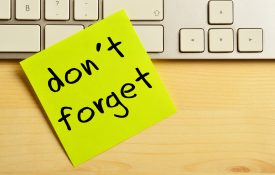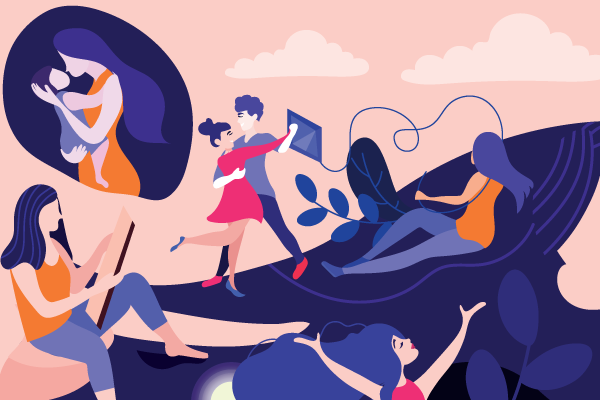
Basic research on our imperfect visual memories is bringing to light how and why we may misremember what we have seen.

Research suggests that people use event boundaries as “stepping stones” to scan their memories when attempting to recall certain facts or bits of information.
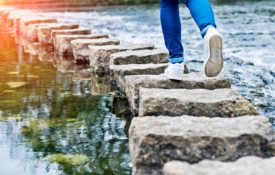
One reason happiness can seem so elusive is that our current feelings can interfere with memories of our past well-being. Analysis of four longitudinal surveys.
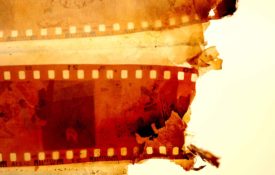
A multidisciplinary panel explored how psychological science might contribute to understanding digital contact tracing, maximizing its capabilities in the future and otherwise improving preparedness for future pandemics.

New research published in Psychological Science reveals that our recollections of our past whereabouts are often imperfect.
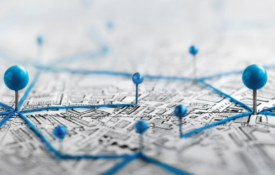
Occurring within a brief window of time links two events in memory, such that calling forth memory of one helps retrieve memory for the other event.
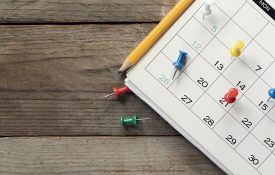
Cross cultural studies suggest that the positive link between detailed recall of autobiographical experiences and wellbeing may not be universal.
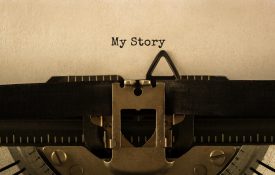
Memory research explains why a few US presidents remain so profound in the national consciousness while most others are destined to fade from our collective memory.
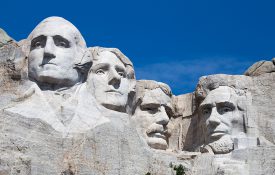
Exploring objects through touch can generate detailed, durable memories for those objects, even when we don’t intend to memorize the object’s details.
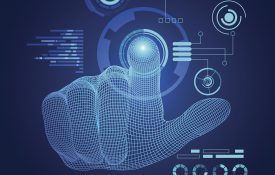
Researchers find that young children aren’t always vulnerable to suggestive false memories and that adults go along with suggestions when they match up with their associations.
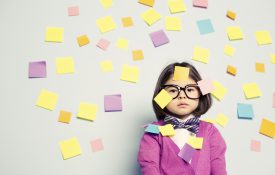
Advanced computer modeling shows that the memory of one individual can indirectly influence that of another via shared social connections in large groups.
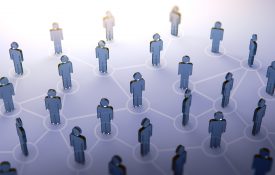
A memory study suggests that a majority of Americans incorrectly think that Alexander Hamilton was a US president, and many believe the same about Benjamin Franklin, Hubert Humphrey, and John Calhoun.
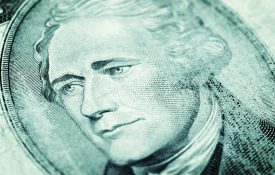
Results from two studies suggest that imagining an upcoming event may ‘color’ memory for that event after the fact.

Choosing to take photos may focus our attention, helping us remember the visual details of our experiences but impairing memory for the auditory details.
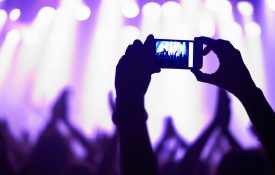
Exposure to false information about an event usually makes it more difficult for people to recall the original details, but new research suggests that there may be times when misinformation actually boosts memory.
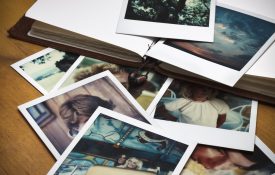
The simple act of saving something, such as a computer file, may improve our memory for the information we encounter next.

More than 2 decades' worth of psychological research has shown how fallible and suggestible memory can be, and the personal and societal implications that false recollections can have.

Research findings suggest that memory encoding and self-control share and vie for common cognitive resources: inhibiting our response to a stimulus temporarily tips resources away from encoding new memories.

The social nature of memory has fast become a keen and enduring area of interest for cognitive scientists.

An experiment shows that a specific type of memory aid can lower error rates in air traffic control.

One way to improve the effectiveness of contact tracing is to treat infected people like important witnesses to the spread of a virus and use an approach informed by research on memory and witness interviewing.
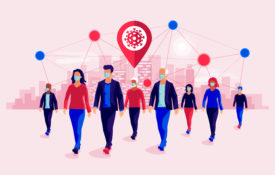
A study at Tufts University addresses the influence of age-related stereotypes on memory performance and memory errors in older adults.

Lab-based research shows that adults can be convinced, over the course of a few hours, that as teens they perpetrated crimes that never actually occurred.

In the same way a flash camera captures a moment in time, decisive events create vivid, long-lasting, and poignant memories. And many of those memories are wrong.
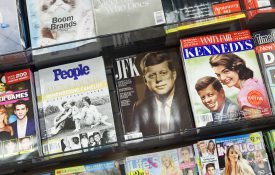
The consumption of as little as 100 mg of caffeine elicits reliable changes in arousal and, in turn, false memories in individuals who do not habitually consume caffeine, according to a study.

A research report explains how eyewitnesses’ memories can become distorted after speaking with co-witnesses.
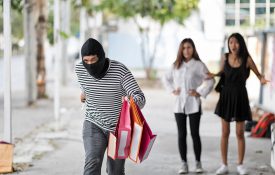
Psychological scientists have discovered all sorts of ways that false memories get created, and now there's another one for the list: watching someone else do an action can make you think you did it yourself.

Linking tasks that we intend to complete to distinctive cues that we’ll encounter at the right place and the right time may help us remember to follow through.
